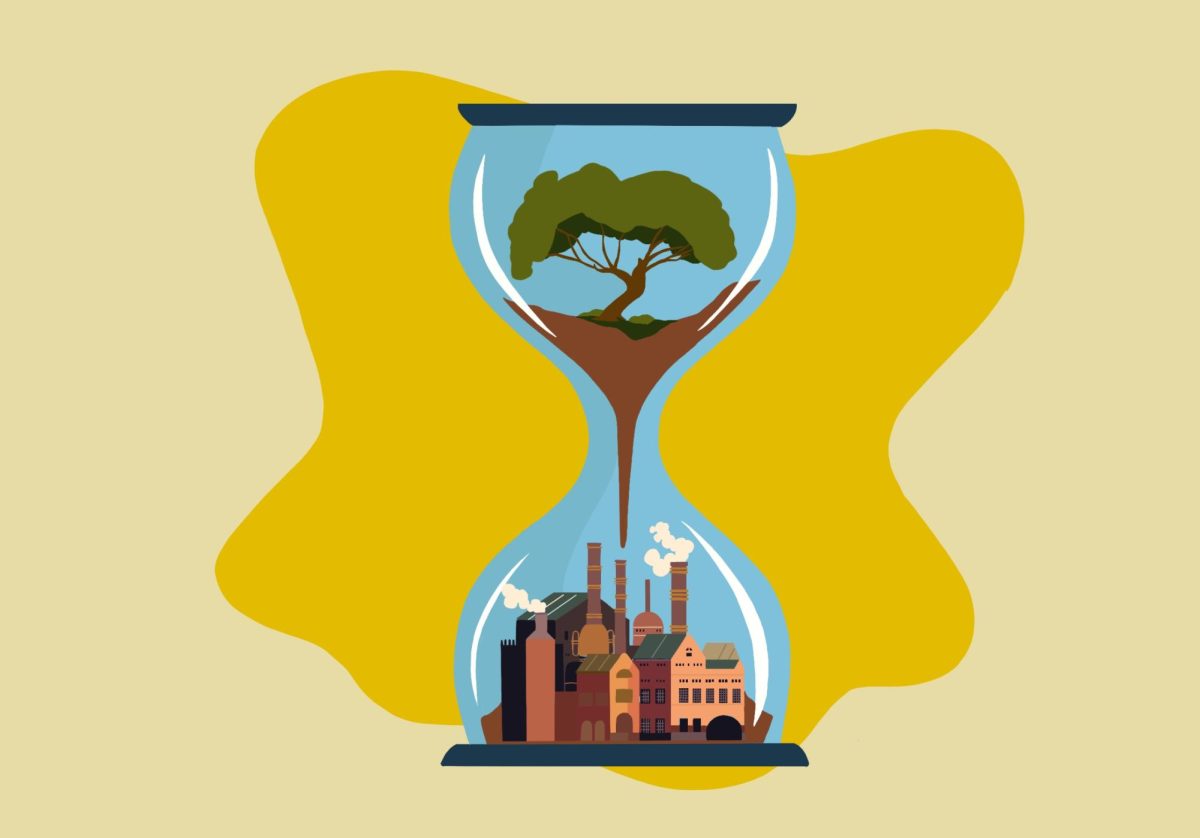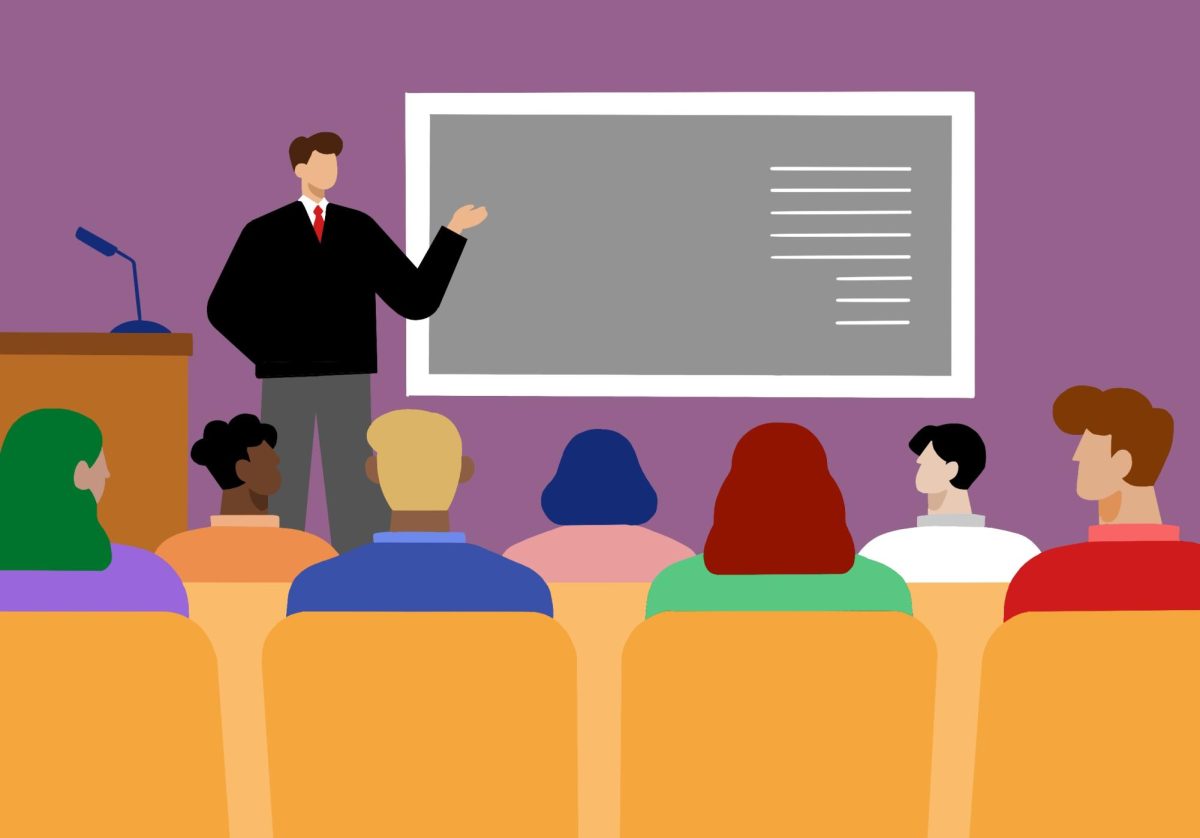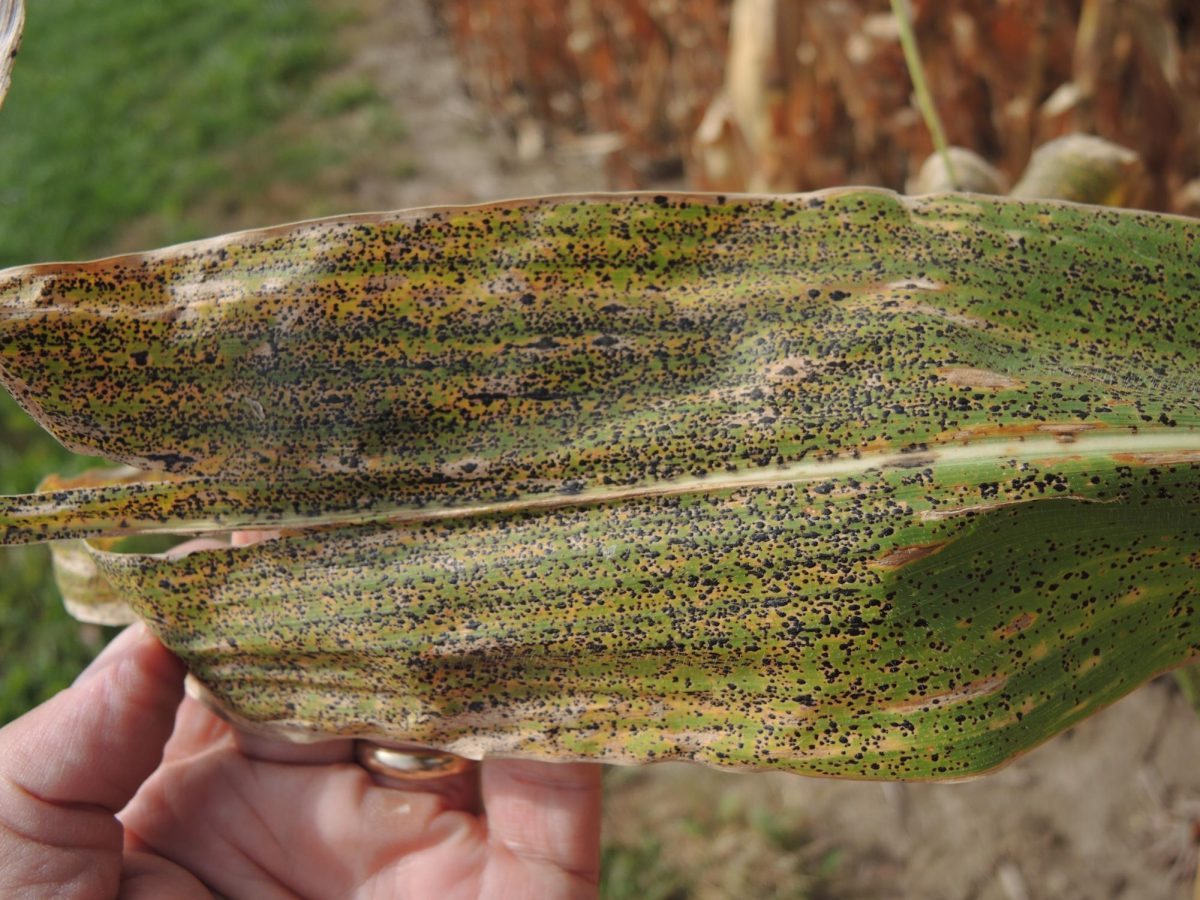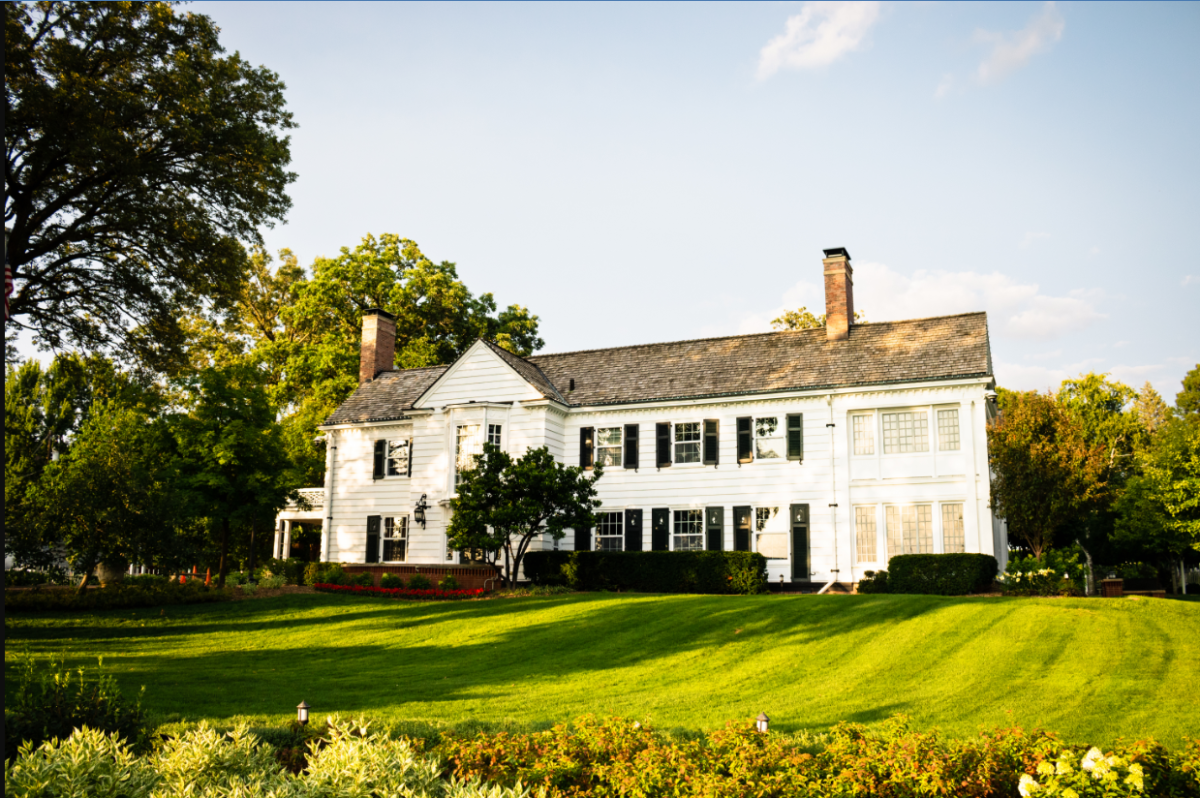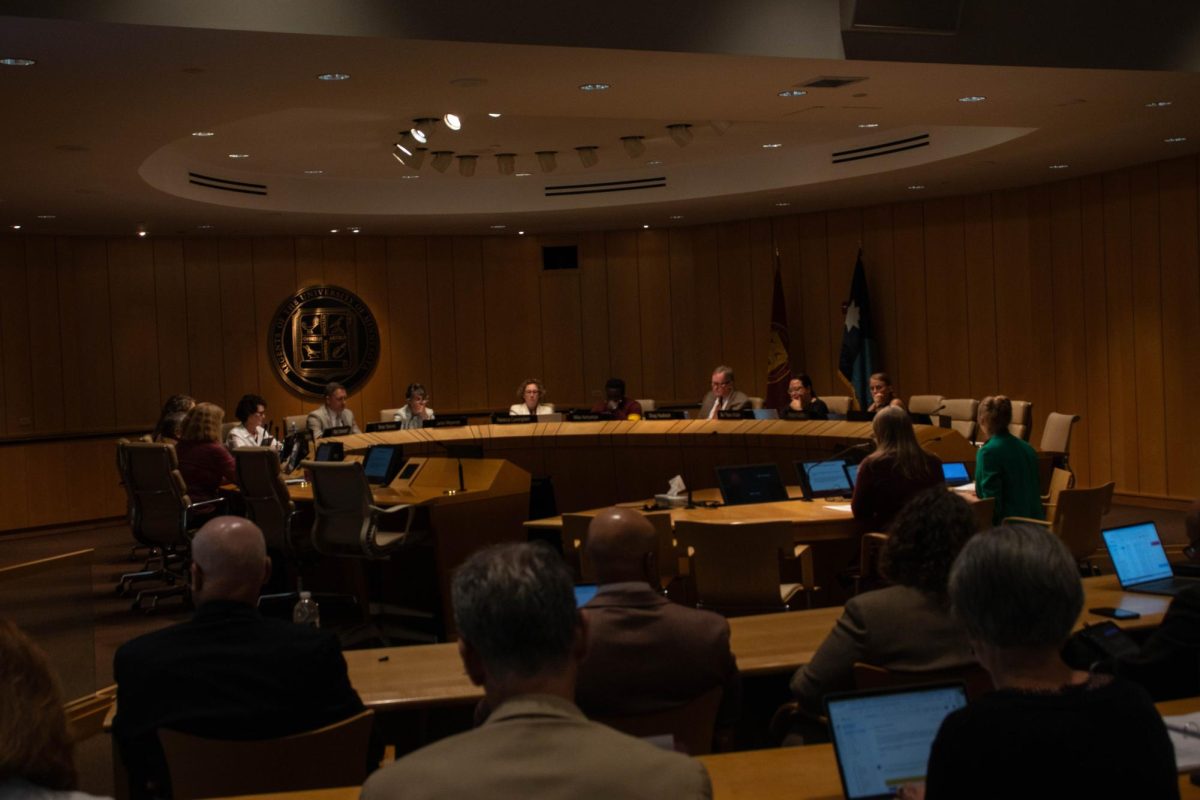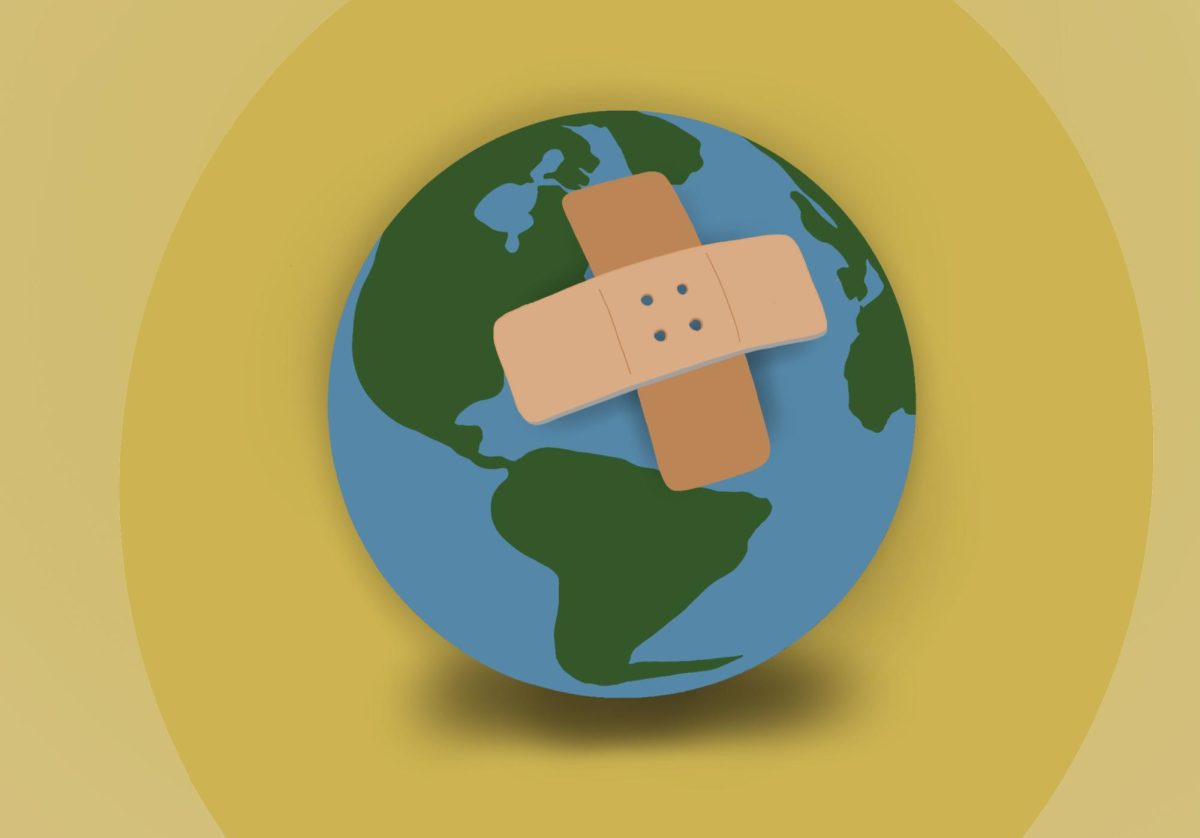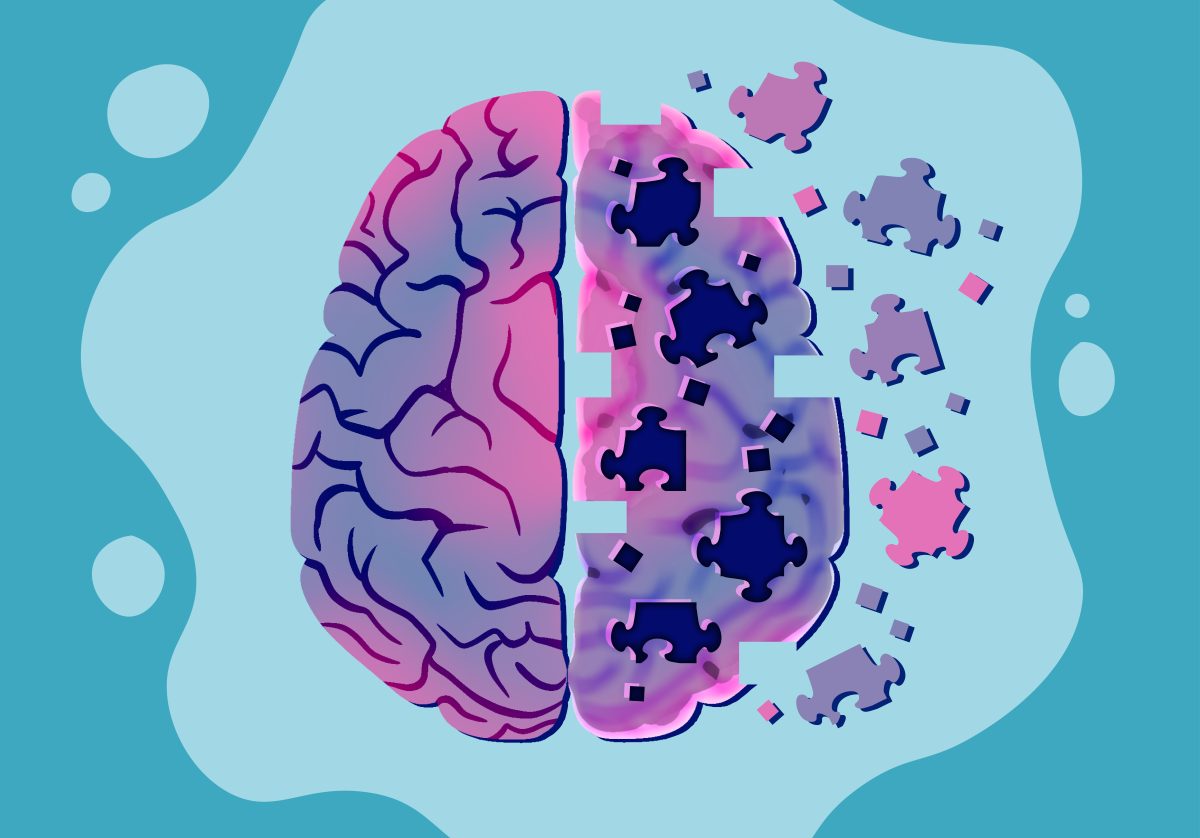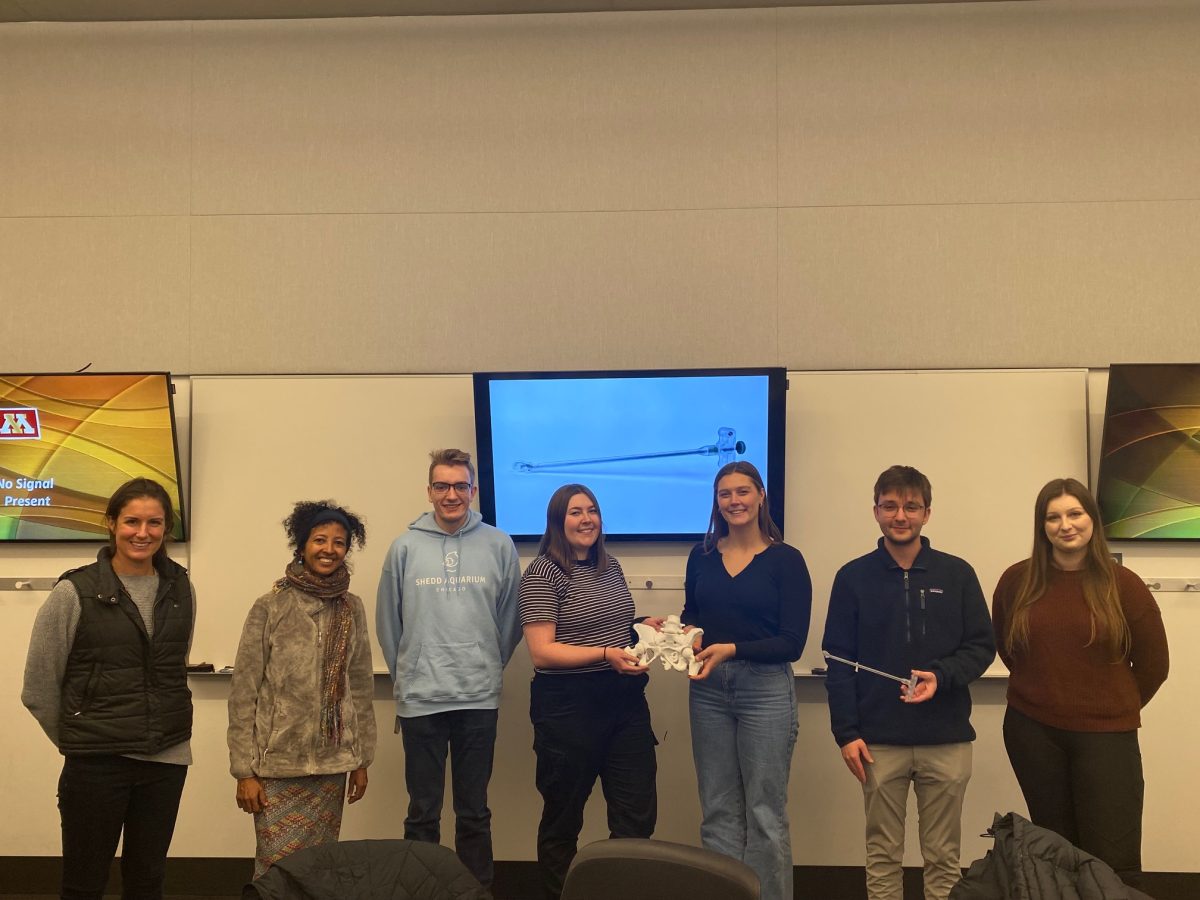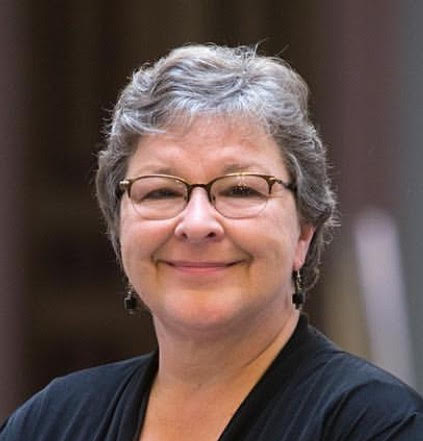The Fifth National Climate Assessment (NCA5), which was released on Nov. 14, found seeking advice from Indigenous communities can enhance solutions to climate change.
The assessment, which had not received a major update since 2018, sparked further inspection on how cultural Indigenous practices could be useful in curbing climate change while addressing issues like access to alternate forms of energy and the future of the next generations.
Mike Dockry, a professor of forestry at the University of Minnesota who contributed to the NCA5, said self-determination and tribal sovereignty are traits the Indigenous community has in combating climate change.
Ecological knowledge and methods, like dryland farming and controlled forest burns, have been passed down by Indigenous communities and tribes for millennia, according to Dockry. Knowing the history of the land from an Indigenous standpoint can give a better understanding of the environment and how to maintain it.
“The land is essentially transforming, and the land has always been a part of us,” Dockry said. “We’ve always been part of that land.”
John Baker, the federal coordinator for the NCA5’s Midwest chapter, said controlled burns can serve as a way to foster healthy ecosystems for forestry and agriculture.
According to Baker, the main concern with this practice is maintaining a healthy level of CO₂ emissions from the fumes. Agriculture makes up 10% of the total greenhouse gas emissions from the United States.
Dockry said in forest ecosystems like Minnesota’s, controlled burns can help tree species, like white pine, survive where they would normally be overtaken by another, like maple.
According to Dockry, Indigenous faculty from the College of Menominee Nation in Wisconsin are working with community leaders to monitor forest conditions and changes.
Dockry, who is a citizen of the Potawatomi nation, added Indigenous communities still feel the effects of poverty and relocation in the U.S., which makes alternative forms of energy, like solar and wind power, difficult to access.
“There’s all these people thinking about the dystopian world that we might live in, in the future with climate change,” Dockry said. “That dystopia is now.”
Heidi Roop, a director of the University of Minnesota Climate Adaptation Partnership, said communities of color tend to have increased exposure to fossil fuel pollution because industrial sites move into their neighborhoods disproportionately.
Currently, less than 10% of the U.S. adult population do not believe climate change is real, according to Roop.
“It’s very clear that climate change is here,” Roop said. “We of course know that with inaction, the costs and impacts of climate change increase.”
The debate around climate change now is about what solutions are the most cost-effective, Roop added, with the benefits of action outweighing the up-front costs.
According to Roop, benefits include human health, enhanced resilience in communities and improved agricultural productivity. Elderly people and disabled folks are also at a greater risk for adverse health effects as a result of poor air quality and extreme heat.
Climate change is no longer just an environmental issue, Dockry said. Reversing the effects of the changing climate also requires people to transform society to sustain a healthy climate for the next millennium.
“Future climate change is dependent on the choices that we all make today,” Roop said. “Climate change may feel inevitable, but we still choose and the future is in our hands.”










